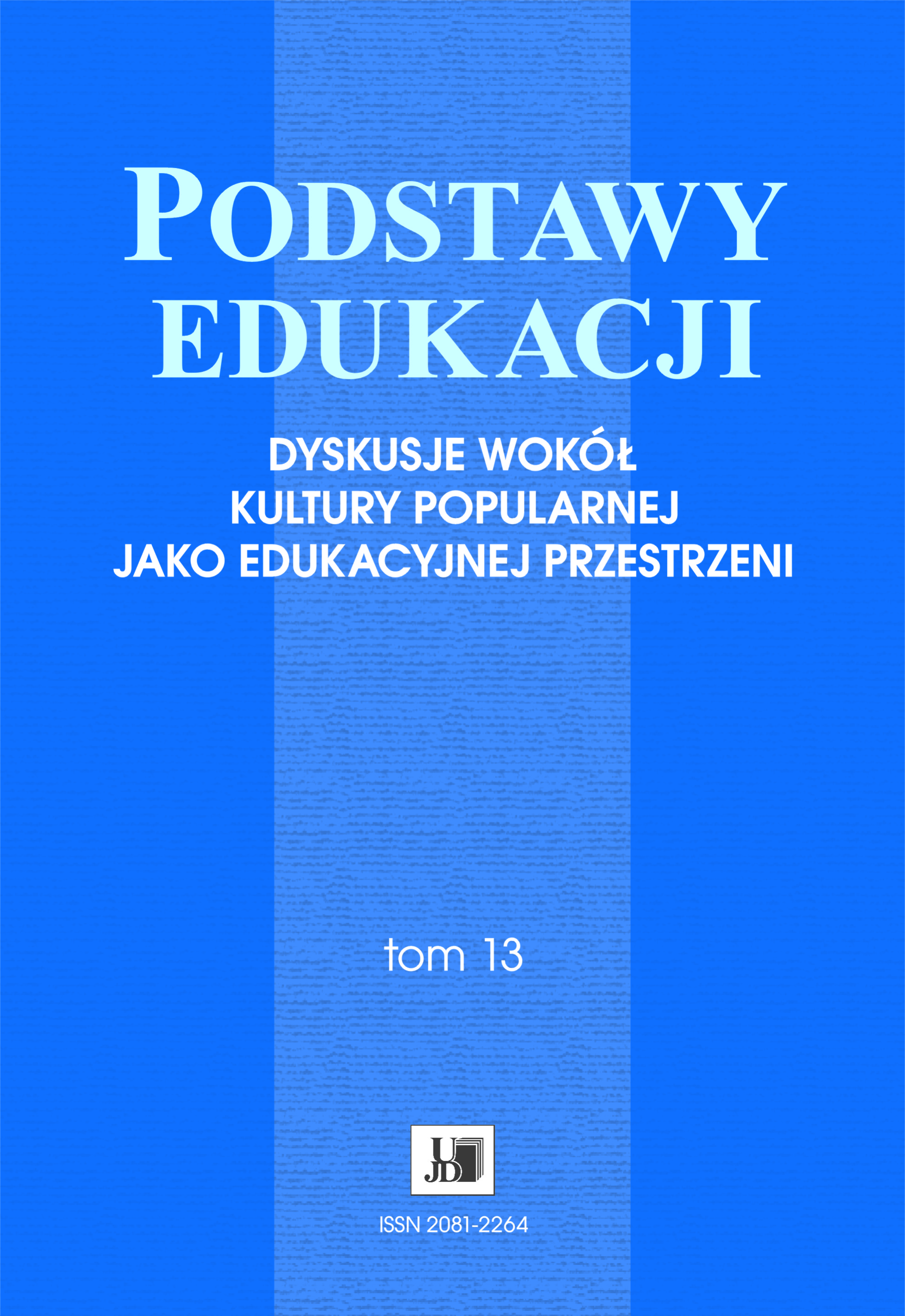Abstrakt
Celem postawionym sobie przez autorkę artykułu jest dokonanie analizy sposobu, w jaki pojawiające się w dobie pandemii COVID-19 w mediach treści wpływają na kształtowanie tożsamości odbiorców. Stawiam pytanie, czy we właściwy sposób spełniają one swoje funkcje – będąc z założenia miejscem konstruowania przeżyć, doznań, opinii i doświadczeń odbiorców? Jaka wizja świata wyłania się po lekturze materiałów, których przedmiotem zainteresowania są przemiany społeczne wywołane epidemią? W poszukiwaniu odpowiedzi na te pytania korzystam z takich na-rzędzi analitycznych, jak funkcje i modele tożsamości.
Stawiam tezę o naruszeniu rozwojowej idei asymilacji jednostki z kulturą oraz naruszeniu integralności psychiki w odniesieniu do trzech ujęć tożsamości: socjologicznego, psychologicznego i filozoficznego, ilustrując analizę przykładami zaczerpniętymi z mediów z okresu od 20 marca do 25 kwietnia 2020 roku.
Bibliografia
Bokszański Z., Tożsamość, interakcja, grupa, Łódź 1989
Callo Ch., Modele wychowania[ w: ]Pedagogika. Podstawy nauk o wychowaniu, t.1, B.Śliwerski (red.)Gdańsk 2006
Czerepaniak – Walczak M., Świat życia jako kategoria pedagogiczna [w:]Przegląd Pedagogiczny(Bydgoszcz) 2011/1
Gajda J., Media w edukacji, Kraków 2004
Majczyna M., Podmiotowość a tożsamość, [w:]Tożsamość człowieka, Gałdowa A(red.) Kraków 2000
Mead G.H., Umysł, osobowość i społeczeństwo, Warszawa 1975
Mead M., Kultura i tożsamość.Studium dystansu międzypokoleniowego,Warszawa 1972
Melosik Z., Szkudlarek T., Kultura, tożsamość i edukacja .Migotanie znaczeń, Kraków 1998
Poniewierski A., Speed.No limits in the digital era, przeł. J.Kondracki, Warszawa 2019
Siemieniecki B., Skutki powszechnego stosowania komputerów w edukacji, [w:]B. Siemieniecki (red.)Perspektywa edukacji z komputerem, Toruń 1999
Suchodolski B., Świat człowieka i wychowanie, Warszawa 1967

Utwór dostępny jest na licencji Creative Commons Uznanie autorstwa 4.0 Międzynarodowe.
Prawa autorskie (c) 2020 Podstawy Edukacji
